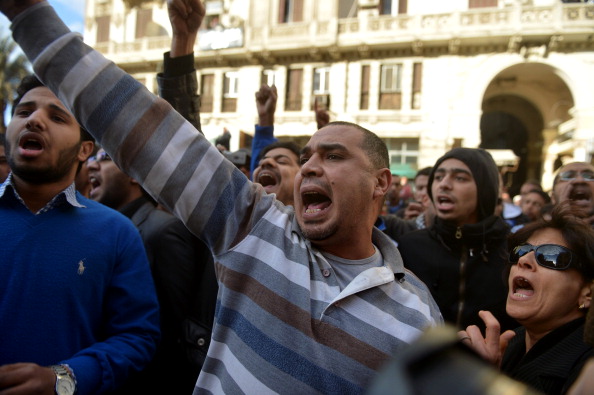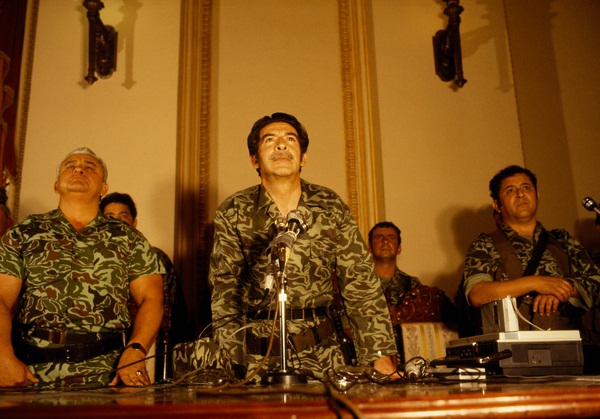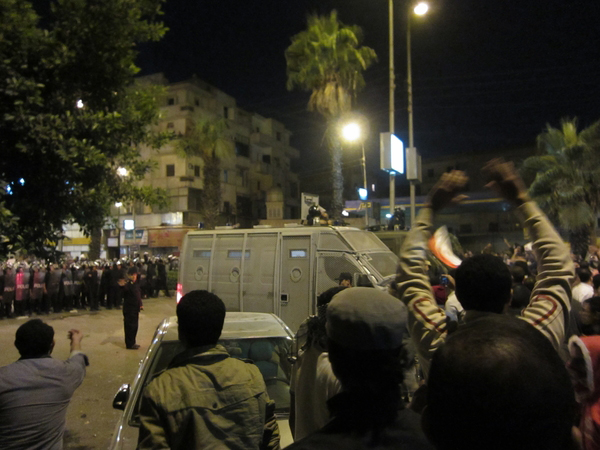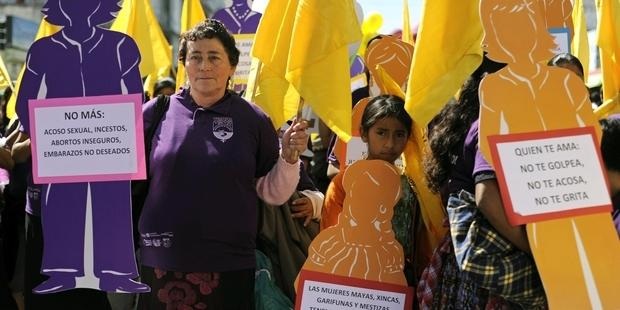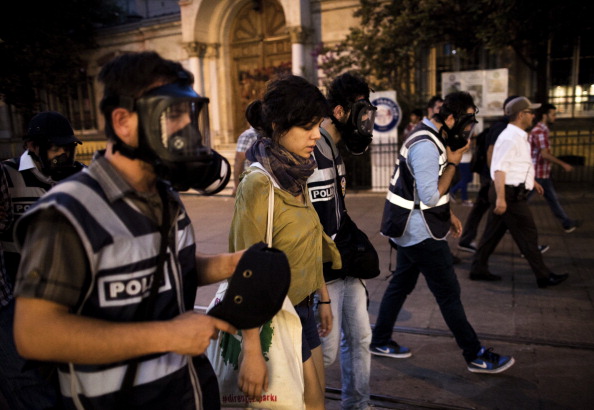
Turkish policeman detain a protestor during a protest on Istiklal Avenue in Istanbul (Photo Credit: Behrouz Mehri/AFP/Getty Images).
Ugly police violence and repression of freedom of speech and of assembly continue in Turkey, where attempts to stage protests in Taksim Square have been repeatedly suppressed with water cannon, tear gas and rubber bullets in the past few days.
The toll has been heavy. As an Amnesty statement released on July 9 notes, “[according] to the Istanbul Medical Association at least 30 people were injured yesterday including a 17 year-old… who is in a critical condition with head injuries after he was hit with a gas canister.”
Meanwhile, 19-year-old Ali İsmail Korkmaz succumbed to his wounds this week, the fifth confirmed death in the violence. According to newspaper reports, Korkmaz was injured during protests in Eskişehir on June 2, when he attempted to escape police tear gas and was “brutally beaten by a group wearing civilian clothes.” No arrests have been made in the case. He was nineteen years old.
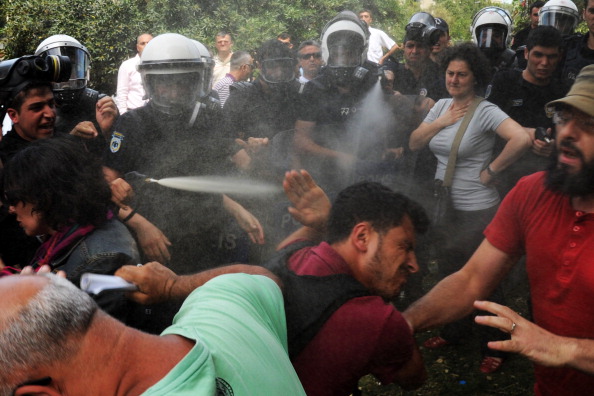

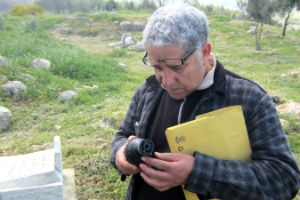
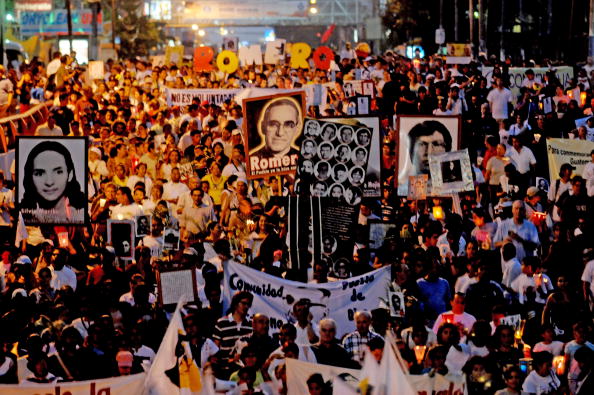
 I didn’t think it was possible. As a student at Rutgers in 1988, I sarcastically asked my friends, “Who do you think is going to win the referendum in Chile? Pinochet or Pinochet?”
I didn’t think it was possible. As a student at Rutgers in 1988, I sarcastically asked my friends, “Who do you think is going to win the referendum in Chile? Pinochet or Pinochet?”